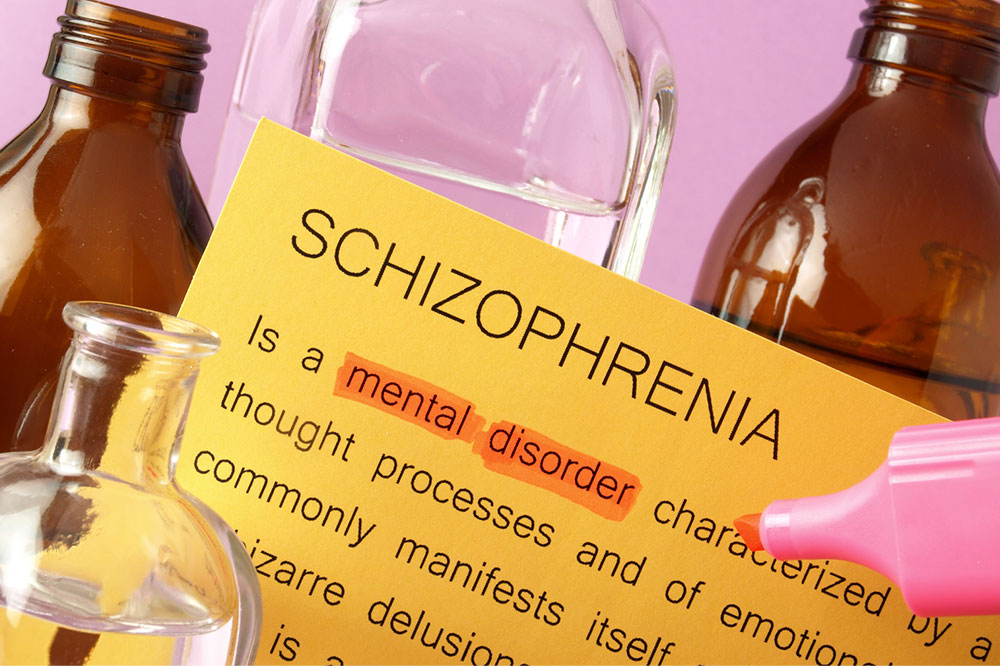Comprehensive Guide to Anxiety Disorders: Causes, Symptoms, and Effective Management Strategies
This comprehensive article provides detailed insights into anxiety disorders, covering their causes, symptoms, and the most effective management strategies. It emphasizes the importance of early recognition and tailored treatment options like psychotherapy and medication. Learn how lifestyle changes can complement medical approaches to improve mental health and well-being, empowering those affected to take control of their anxiety and lead healthier, more balanced lives.

Comprehensive Guide to Anxiety Disorders: Causes, Symptoms, and Effective Management Strategies
Anxiety disorders are among the most common mental health issues worldwide, affecting millions of individuals across all age groups. Whether it’s a fleeting feeling of nervousness before a presentation, or a persistent state of fear that hampers daily functioning, understanding anxiety is crucial for effective management and treatment. These disorders encompass a wide range of conditions, including generalized anxiety disorder, panic disorder, phobias, and social anxiety, each with unique characteristics but often overlapping symptoms.
In this detailed guide, we will explore what anxiety disorders are, their underlying causes, how they manifest through various symptoms, and the most effective strategies for managing them. Recognizing the signs early and seeking appropriate treatment can significantly improve quality of life for those affected.
What Are Anxiety Disorders? Anxiety disorders are mental health conditions characterized by excessive fear, worry, and behavioral disturbances. They are not merely feeling stressed or nervous but are intense enough to interfere with daily routines, work, relationships, and overall well-being. These disorders can develop at any age but commonly begin in adolescence or early adulthood. Understanding the nature of these conditions helps in reducing stigma and encouraging affected individuals to seek help.
Anxiety manifests in various forms, with panic attacks and phobias being two of the most recognizable types. Individuals suffering from anxiety often experience persistent fears that can last for extended periods, sometimes over six months, severely impacting their ability to function normally. The complexity of anxiety disorders necessitates a thorough understanding of their causes, symptoms, and treatment options.
Causes of Anxiety Disorders
Understanding the root causes of anxiety is essential to addressing and managing it effectively. The origins of anxiety are multifaceted, involving a combination of genetic, biological, environmental, and psychological factors.
Genetic and Biological Factors Family history plays a significant role in the development of anxiety disorders. If close relatives have experienced anxiety or other mental health issues, individual risk increases. Imbalances in brain chemicals such as serotonin, dopamine, and gamma-aminobutyric acid (GABA) are also implicated in anxiety.
Childhood Traits and Experiences Traits like shyness, behavioral inhibition, or childhood trauma can predispose individuals to anxiety later in life. Early adverse experiences, neglect, or abuse can shape how a person perceives and reacts to stressors.
External Influences and Lifestyle Factors Lifestyle choices and external circumstances significantly influence anxiety levels. These include excessive caffeine consumption, substance misuse, and engagement in high-stress environments.
Environmental and External Triggers
Apart from internal factors, external circumstances also contribute to the onset and exacerbation of anxiety disorders:
Financial problems and job-related stress
Exposure to traumatic experiences or loss of loved ones
Chronic health issues or pre-existing medical conditions
Significant life changes such as moving, divorce, or new career paths
Use of certain medications or substances that influence brain chemistry
Relationship conflicts and social isolation
Post-illness depression and recovery challenges
Recognizing the Symptoms of Anxiety
Early identification of anxiety symptoms is key to effective treatment. Symptoms can vary widely among individuals but generally include a combination of emotional, behavioral, and physical signs. Being aware of these can help in seeking prompt help.
Persistent and uncontrollable worries about everyday matters
Restlessness and an inability to stay still or relax
Difficulty concentrating and tending to feel overwhelmed
Physical symptoms such as rapid heartbeat, sweating, trembling, or dizziness
Muscle tension, headaches, or gastrointestinal discomfort
Sleep disturbances, including insomnia or nightmares
Irritability, mood swings, and feelings of dread or impending danger
Avoidance of certain situations that trigger anxiety, leading to social withdrawal
Effective Treatment Options for Anxiety Disorders
Managing anxiety involves a combination of therapeutic approaches, lifestyle modifications, and sometimes medication. Tailoring a treatment plan to individual needs yields the best outcomes.
Psychotherapy Cognitive-behavioral therapy (CBT) is widely regarded as the most effective form of psychotherapy for anxiety. It helps individuals identify and challenge distorted thought patterns, reduce fears, and develop coping skills. Other therapeutic approaches, such as exposure therapy, can be beneficial for phobias and avoidance behaviors.
Medications Pharmacological treatments can help control symptoms. Selective serotonin reuptake inhibitors (SSRIs) and serotonin-norepinephrine reuptake inhibitors (SNRIs) are commonly prescribed antidepressants for anxiety. Beta-blockers may be used for short-term symptom relief, especially in situations like public speaking or performance anxiety. Benzodiazepines are effective for quick relief but are typically prescribed for short durations due to the risk of dependency.
Lifestyle and Self-Help Strategies Incorporating stress-reduction techniques such as mindfulness, meditation, regular physical activity, and adequate sleep can significantly reduce anxiety levels. Avoiding caffeine and recreational drugs, maintaining a healthy diet, and fostering strong social support networks also play critical roles in managing symptoms.
In conclusion, understanding anxiety disorders comprehensively — from their causes and symptoms to the latest management strategies — empowers individuals to seek help and adopt effective coping mechanisms. With proper treatment and lifestyle changes, many people lead fulfilling lives despite their anxiety challenges.





